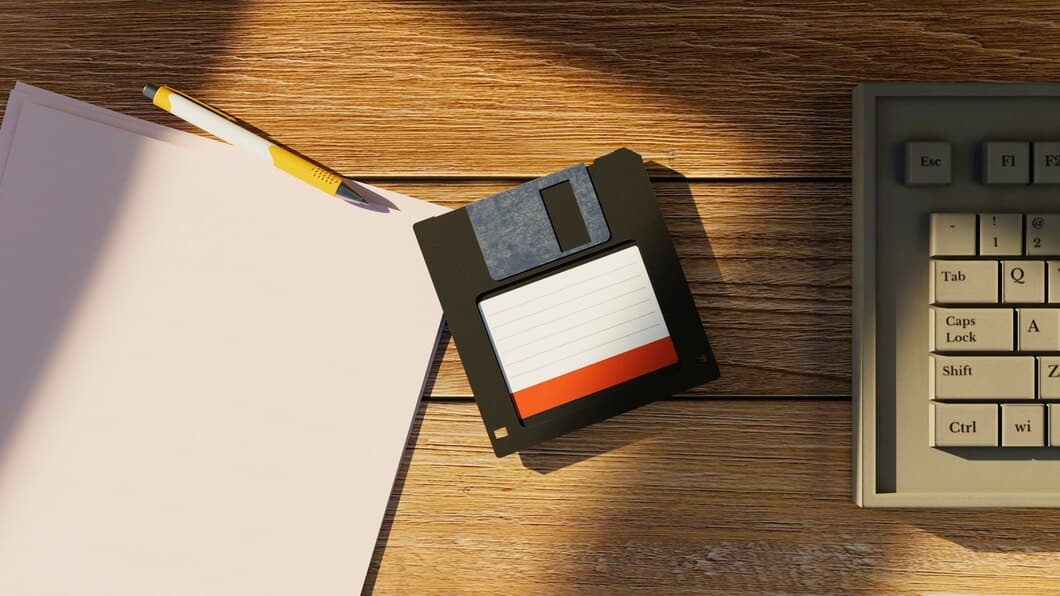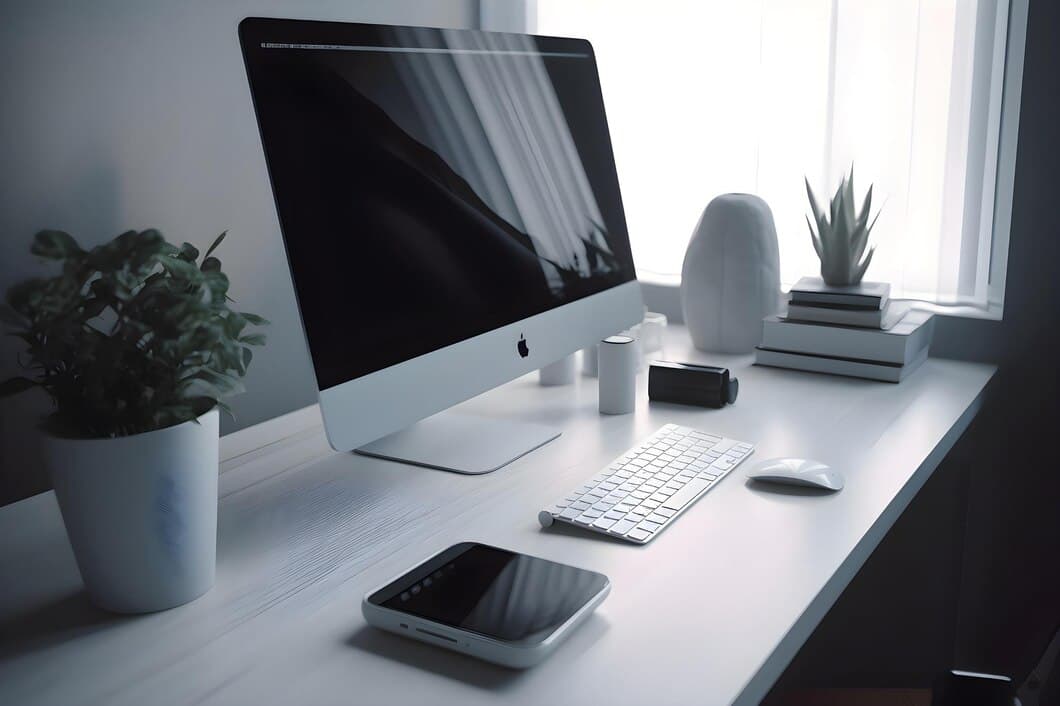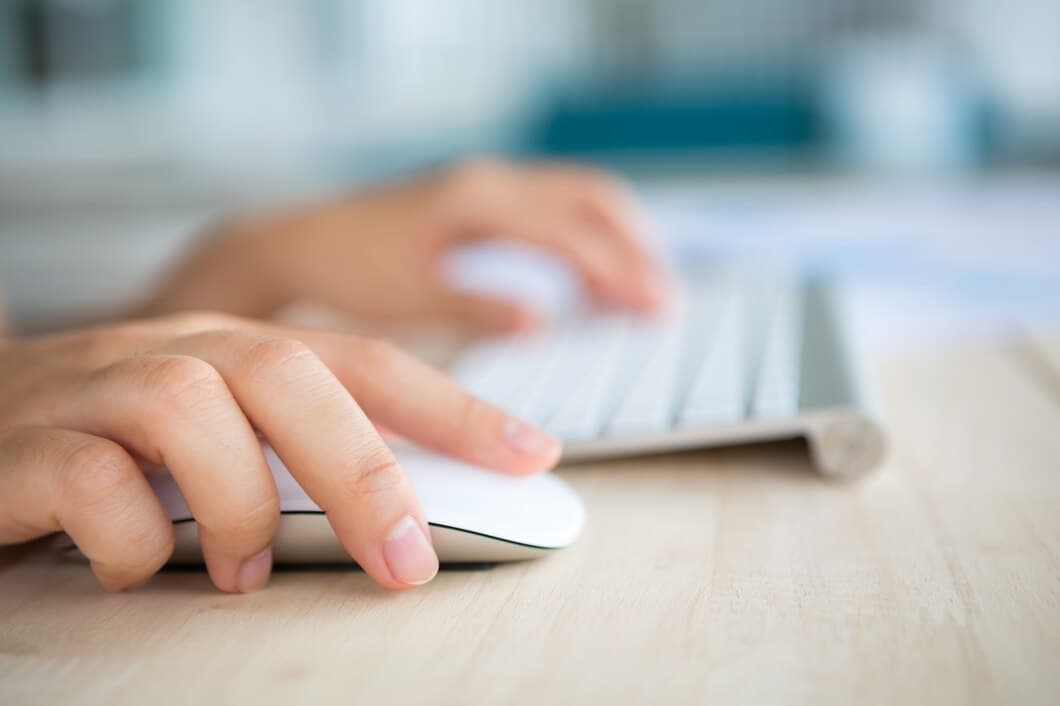1. How To Clean A Laptop Keyboard With Sticky Keys Without Removing The Keys?

Cleaning a laptop keyboard with sticky keys can be a frustrating task, but it doesn't have to be. With the right tools and a little patience, you can easily clean your keyboard without removing the keys.
First, you'll need to gather a few supplies. You'll need a can of compressed air, a soft-bristled brush, and a cotton swab. You may also want to use a small amount of rubbing alcohol, but be sure to test it on an inconspicuous area of your keyboard first to make sure it doesn't damage the finish.
2. Materials you'll need
The materials you'll need to clean your laptop keyboard are simple and easy to find. You'll need a soft, lint-free cloth, a cotton swab, isopropyl alcohol, and a can of compressed air. If you don't have isopropyl alcohol, you can use white vinegar instead. However, avoid using harsh chemicals or detergents, as these can damage your keyboard.
Once you have your materials, you're ready to start cleaning your keyboard. Start by turning off your laptop and unplugging it from the power source. Then, use the compressed air to blow out any loose dirt or debris from the keyboard. Next, dampen the soft cloth with isopropyl alcohol or white vinegar and wipe down the keys. Be sure to get in between the keys and around the edges.
3. Step-by-step instructions
1. Start by turning off your laptop and unplugging it from the power source. This will help to prevent any electrical accidents.
2. Use a soft, dry cloth to wipe down the exterior of the keyboard. This will help to remove any loose dust or debris.
3. Use a cotton swab dipped in isopropyl alcohol to gently clean the keys. Be sure to avoid getting any alcohol on the laptop's screen or other components.
4. Tips for preventing sticky keys
Keep your laptop in a clean and dry environment. Dust, dirt, and other particles can accumulate on the keys and cause them to stick. Avoid eating or drinking near your laptop, as crumbs and spills can also lead to sticky keys.
Use a soft, dry cloth to clean your keyboard regularly. This will help remove any dust or dirt that may have accumulated on the keys. Avoid using harsh chemicals or cleaners, as these can damage the keyboard.
If your keys are still sticky, you can try using a cotton swab dipped in rubbing alcohol to clean them. Be sure to test the rubbing alcohol on a small area of the keyboard first to make sure it does not damage the finish.
If the above tips do not work, you may need to take your laptop to a professional for cleaning. They will be able to remove the keys and clean them thoroughly.
5. Troubleshooting common problems

If your laptop keyboard is still sticking after cleaning, there are a few other things you can try. First, check to see if there is any debris or hair stuck under the keys. You can use a can of compressed air to blow out any debris. If that doesn't work, you may need to remove the keys to clean them. To do this, you will need a small screwdriver. Be careful not to damage the keys or the keyboard when you are removing them.
Once you have removed the keys, you can clean them with a cotton swab dipped in rubbing alcohol. Be sure to get all of the debris and dirt off of the keys. Once the keys are clean, you can put them back on the keyboard. If you are still having problems with sticky keys, you may need to replace the keyboard.
6. Cleaning a laptop keyboard with compressed air
Compressed air is a great way to clean a laptop keyboard with sticky keys without removing the keys. It is a quick and easy way to remove dust, dirt, and other debris that can cause keys to stick. To clean your keyboard with compressed air, hold the can upright and insert the nozzle into the space between the keys. Blow out any dust or debris that you see. Be sure to get into all of the nooks and crannies. Once you have blown out all of the dust and debris, use a soft cloth to wipe down the keyboard.
Compressed air can be found at most hardware stores. It is important to use compressed air that is specifically designed for cleaning electronics. Do not use compressed air that is used for dusting or cleaning other surfaces. The propellant in these types of compressed air can damage your laptop.
If you do not have compressed air, you can use a soft brush to clean your keyboard. Be sure to use a brush with soft bristles so that you do not damage the keys. Gently brush away any dust or debris that you see.
Once you have cleaned your keyboard, test it to make sure that all of the keys are working properly. If any of the keys are still sticky, you may need to repeat the cleaning process.
7. Cleaning a laptop keyboard with a cotton swab
Dip the cotton swab into rubbing alcohol or water, being careful not to oversaturate it. You don't want any excess liquid dripping into the keyboard.
Gently rub the cotton swab over the keys, applying a small amount of pressure. Be sure to get into the crevices and around the edges of the keys.
If the keys are particularly dirty, you may need to use a more aggressive cleaning method, such as using a brush or compressed air.
8. Cleaning a laptop keyboard with a soft brush
To clean your keyboard using a soft brush, begin by gently brushing away any loose debris from the surface. Start by brushing in one direction, then the other. Be sure to get into all the nooks and crannies of the keyboard, including between the keys and around the edges. Once you have brushed away the loose debris, use a slightly dampened cloth to wipe down the keyboard. Be sure to wring out the cloth well so that it is not dripping wet. Finally, use a dry cloth to dry the keyboard completely.
If your keyboard is particularly dirty, you may need to use a cleaning solution to help remove the grime. There are a variety of cleaning solutions available, but be sure to choose one that is specifically designed for cleaning electronics. Apply the cleaning solution to a soft cloth and then gently wipe down the keyboard. Be sure to avoid getting any of the cleaning solution into the keyboard's openings.
Once you have cleaned the keyboard, allow it to dry completely before using it again. This will help to prevent any damage to the keyboard.
9. Cleaning a laptop keyboard with a vacuum cleaner
Using a vacuum cleaner, especially one with a small brush attachment, is another simple solution to remove crumbs and debris from your laptop keyboard. The suction from the vacuum cleaner will remove most of the debris, and the brush attachment can dislodge any stubborn pieces. Be sure to use a vacuum cleaner with a low suction setting or a brush attachment that is soft to avoid damaging the keys or removing the stickers.
Before you start, power off your laptop and turn it upside down over a trash can. Move the vacuum cleaner slowly over the keyboard, making sure to get into all the crevices. If you have a laptop with a detachable keyboard, you can remove the keyboard and vacuum it separately.
If you do not have a vacuum cleaner, you can use a can of compressed air or a handheld blower to remove crumbs and debris from your keyboard. Aim the nozzle at the keyboard and blast away all the dust and dirt. Be sure to hold the can or blower at a distance so that you do not damage the keys.
Once you have cleaned the keyboard, wipe it down with a microfiber cloth to remove any remaining dust or debris. You can also use a disinfectant wipe to clean the keyboard, but be sure to let it dry thoroughly before using your laptop again.
Frequently Asked Questions
What is the best way to clean sticky laptop keys?
Use a cotton swab dipped in isopropyl alcohol to gently clean around the keys. Avoid using too much alcohol, as it can damage the keyboard.
How often should I clean my laptop keyboard?
If you use your laptop regularly, it's a good idea to clean the keyboard once a week to prevent dirt and dust from building up.
Can I use a vacuum cleaner to clean my laptop keyboard?
No, do not use a vacuum cleaner to clean your laptop keyboard. The suction can damage the keys and the keyboard itself.
How to remove stubborn dirt or debris from laptop keys?
If there is stubborn dirt or debris stuck in the keys, you can try using a soft brush or compressed air to remove it.
Summary
Sticky laptop keys can be frustrating, but there are simple ways to clean them without removing the keys. First, turn off your laptop and unplug it. Use a can of compressed air to blow away any loose crumbs or debris. Then, dampen a cotton swab with isopropyl alcohol and gently clean the keys. Finally, use a dry cotton swab to dry the keys.
If your keys are still sticky, you can try using a mild dish soap solution. Dampen a cotton swab with the solution and gently clean the keys. Rinse the keys with a damp cotton swab and dry them with a dry cotton swab.




